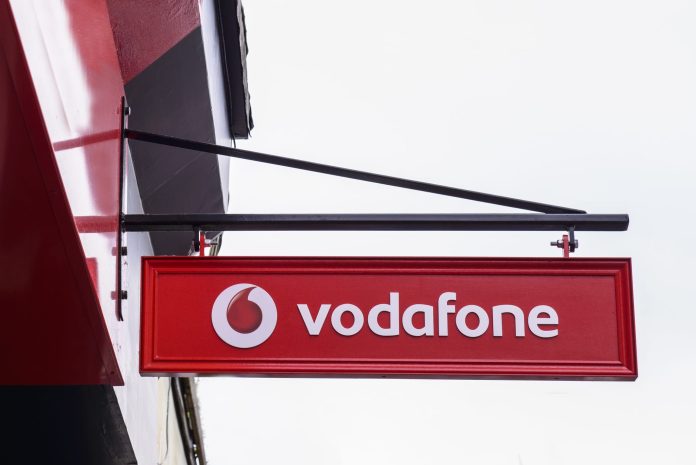The telco said this technology is being used to connect gas and water meters, smart bins and parking meters
The Spanish unit of U.K. telecommunications group Vodafone has expanded the coverage of its NB-IoT network in Spain. Vodafone Spain said it currently operates 1,000 base stations in the country, including recent launches in the cities of Zaragoza and Santander.
The telco initially launched its NB-IoT network in Madrid and Valencia at the start of the year after upgrading existing 4G base stations. Vodafone Spain also offers NB-IoT connectivity in Barcelona, Seville, Bilbao and Malaga.
The operator previously announced that the system would be used to connect various different product categories, including gas and water meters, smart bins, fire alarms, parking meters, lighting and other types of sensors.
Vodafone has also deployed a NB-IoT network in the Netherlands, which is already available in several cities across the country. The new technology had already been introduced at VodafoneZiggo offices in Maastricht, Utrecht and Amsterdam. The network is now also active in several locations in the cities of Rotterdam, Eindhoven, Hilversum, Den Bosch, Groningen, Delft and Schiphol.
Turkcell deploys NB-IoT connectivity in Turkey
In related news, Turkish telecoms operator Turkcell said it is gradually deploying a NB-IoT network across the country.
“While our living spaces become more and more connected every day, Turkcell’s mobile infrastructure is now ready for a world where billions of devices will connect. We became the first operator in Turkey to support NB-IoT required for new-gen innovative applications,” Gediz Sezgin, Turkcell’s executive vice president network technologies, said. “This technology will extend smart city applications and many innovative solutions will be developed,” he added.
“Thanks to this new technology made possible by Turkcell’s LTE – A network, machines communicate fast and effectively and makes lives easier and smarter in cities. As an example this technology can be used in large cities where parking space is a problem, where sensors allow people to reserve parking spaces in advance and save time and fuel.”

